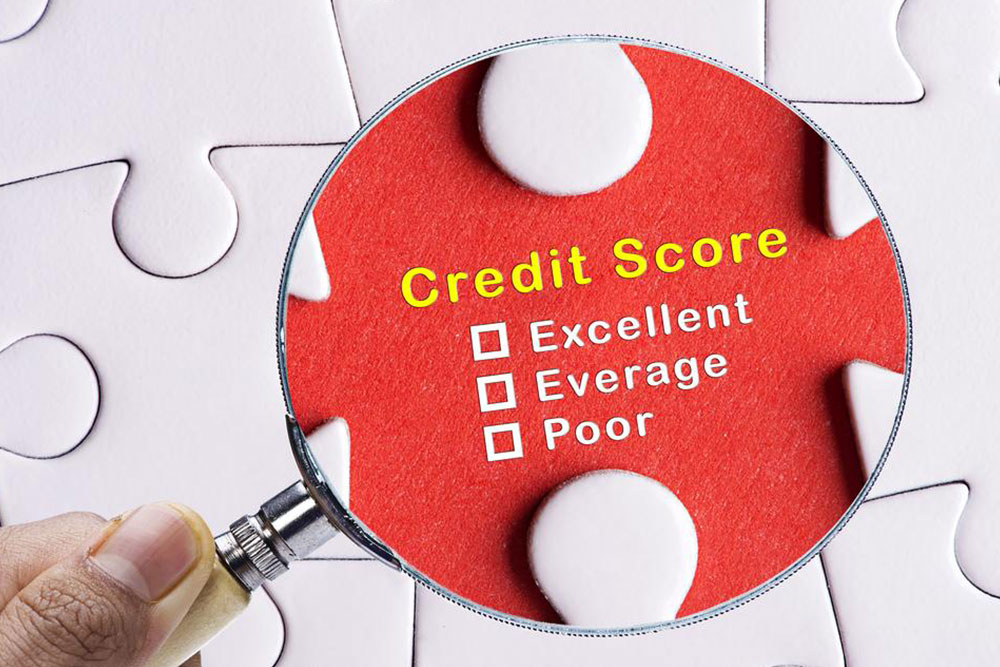Essential Strategies to Improve Your Credit Score
Learn effective strategies to improve your credit score, including debt management, timely payments, and credit monitoring. This comprehensive guide helps you rebuild and maintain a strong credit profile for better financial opportunities and stability.

Essential Strategies to Improve Your Credit Score
In today's world, more individuals are relying on credit for buying decisions, making credit scores more crucial. Your credit score, derived from your credit history, influences lenders' decisions and reflects your financial habits. A good credit score opens doors to better loan rates and rental opportunities, while a poor score can hinder your financial progress.
Maintaining a healthy credit score is vital for smooth financial operations. Improving it isn't an overnight task but involves consistent responsible actions. This guide provides practical steps to help elevate your credit standing efficiently.
Follow these effective methods to repair and boost your credit rating:
Develop a Clear Plan
Craft a detailed action plan focusing on debt management and improving your credit profile. Avoid closing unused accounts or opening new ones unnecessarily, as these actions can impact your score. Understand which areas need improvement and work systematically toward better financial habits.
Address Outstanding Payments
Paying overdue bills promptly is key. Contact your creditors to negotiate waivers or extensions, and make every effort to settle late payments. This step significantly enhances your credit record and helps rebuild trust with lenders.
Pay Bills Promptly
Consistent on-time payments are fundamental to a good credit score. Setting aside funds for upcoming bills ensures timely payments, which favorably impact your credit history. Avoid missed or late payments at all costs.
Limit New Credit Applications
Each credit inquiry can slightly lower your score. Minimize applications for new credit accounts within a short period as multiple hard inquiries can harm your credit profile.
Use a Secured Credit Card
A secured credit card requires a deposit as collateral, which becomes your credit limit. Using this responsibly and making timely payments demonstrates reliability and helps improve your credit score. In case of missed payments, the deposit covers the debt.
Stay Calm and Consistent
If your credit is severely damaged, avoid panic. Focus on responsible financial behavior, dispute inaccuracies on your report, and avoid unnecessary credit activity. Over time, your score will recover.
Set Payment Reminders
Use bank alerts via email or text to remember due dates, reducing the risk of missed payments and supporting your credit health.
Monitor Your Credit Report
Regularly review your credit report for errors or discrepancies. Correct inaccuracies promptly to ensure your score reflects your true financial behavior.
Reduce Debt Levels
Lower your overall debt by managing credit card usage and paying down balances. This reduces risk and enhances your credit profile.
Building or restoring your credit score is a gradual journey, but following these guidelines will help you achieve a healthier credit profile over time.
Note:
Our blog offers insights across various topics, providing valuable information based on thorough research. However, content should not be considered conclusive, and the website disclaims responsibility for potential inaccuracies or missed opportunities. Take advantage of the latest schemes and offers beyond this scope for optimal benefits.










